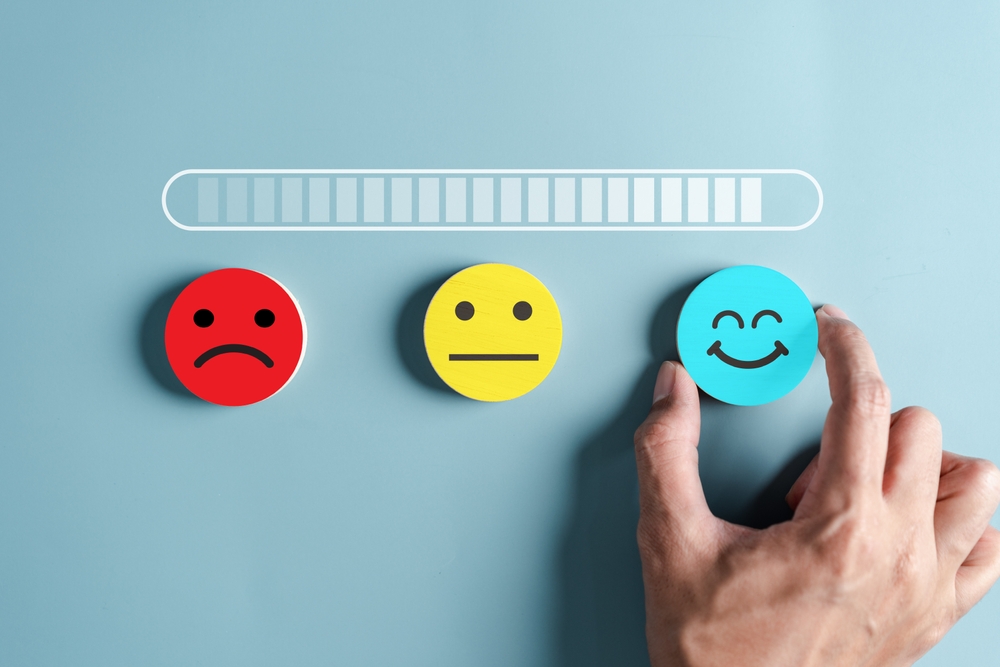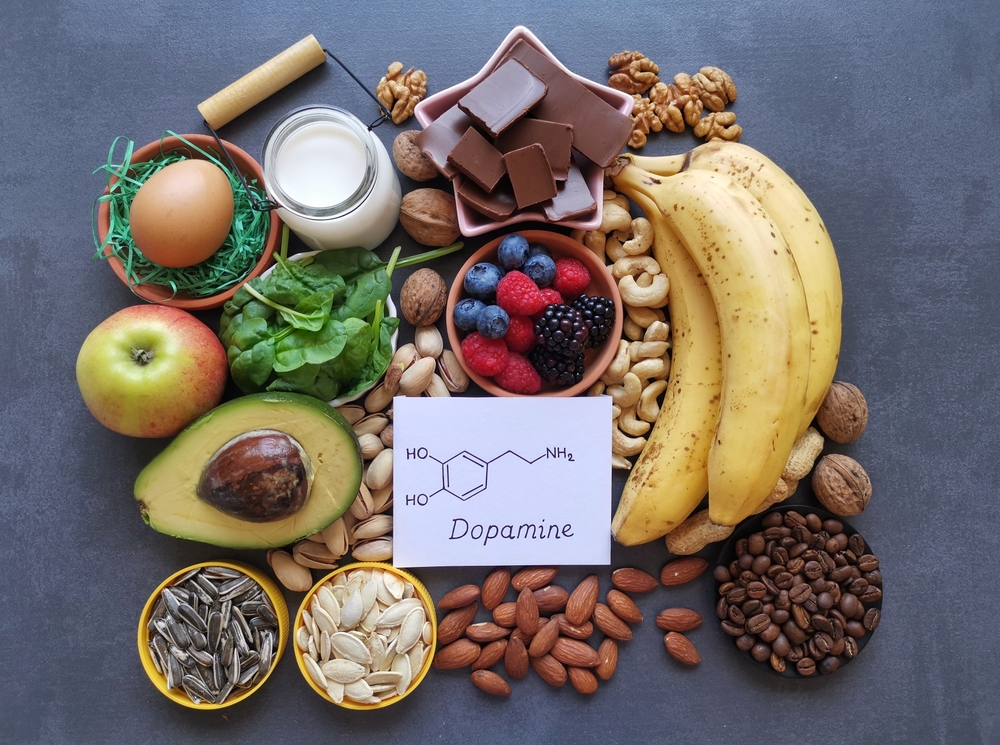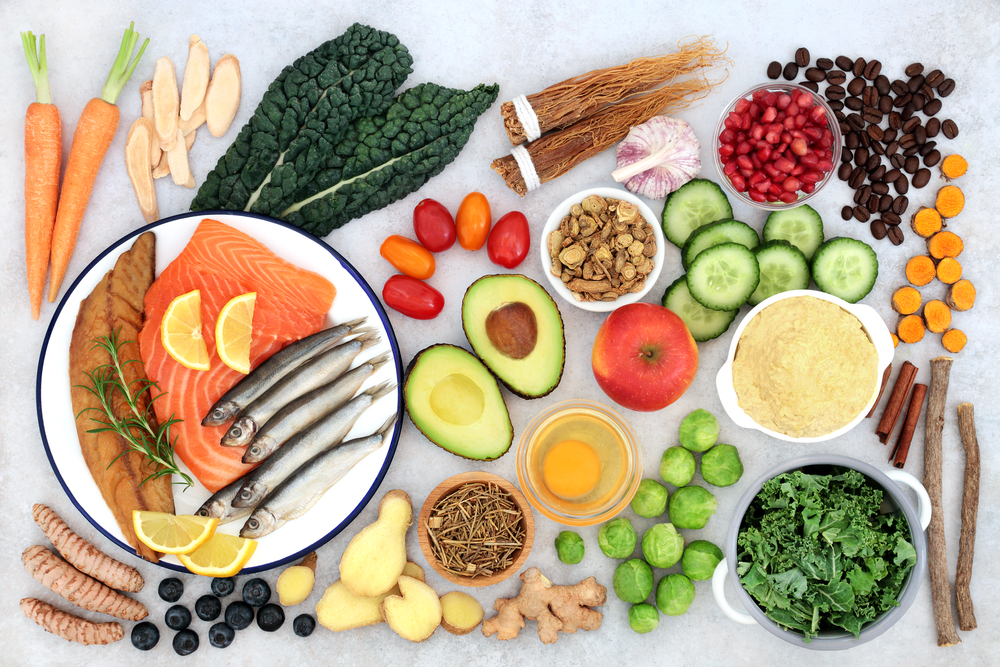If you want to elevate mood, boost motivation, reduce anxiety, and overcome low energy all by harnessing the power of your own body, you need to understand how to supercharge your Dopamine production naturally. By focusing on proven lifestyle changes, you can enjoy improved emotional resilience and peak mental health. In this article, you will discover exactly how to support healthy Dopamine balance through diet, behavior, environment, and mindset. This guide will give you practical and actionable steps that can be applied no matter your current lifestyle.
Natural dopamine enhancement is not a quick fix but a long-term strategy to transform your mental well-being sustainably. You do not need medications or extreme measures to create meaningful change. Instead, you need structure, daily consistency, and awareness of how your habits impact brain chemistry. Understanding the link between dopamine and everyday actions puts you in control of how you feel each day.
What Is Dopamine and Why Is It Important?

Dopamine is a neurotransmitter that plays a key role in mood regulation, motivation, stress response, and feelings of reward. Low levels are linked to anxiety, depression, poor attention, low sex drive, and fatigue. When dopamine is strong, you feel motivated to complete tasks, you feel joy at everyday achievements, and you are more focused. The goal is to build sustainable habits that kickstart dopamine naturally day after day. Dopamine influences how we experience pleasure, reward, and drive.
It is also involved in the regulation of movement, memory, and learning. Healthy dopamine levels encourage mental sharpness and reinforce positive behavior patterns. An imbalance can result in mental health conditions such as attention deficit hyperactivity disorder, depression, or Parkinson’s disease. By keeping dopamine stable, you create a brain environment more capable of managing stress and staying emotionally balanced.
Signs You May Be Low in Dopamine

Watch for these signals you may be running low on Dopamine: • Persistent low mood or depression • Difficulty focusing or making decisions • Chronic fatigue or loss of motivation • Reduced interest in previously enjoyable activities • Trouble sleeping or feeling restless • Low libido or social withdrawal. If you notice several of these over weeks, you may benefit from strategies that support natural Dopamine production.
Sometimes, dopamine deficiency is misdiagnosed as burnout, fatigue, or even laziness. People might find themselves unable to follow through with goals, despite having good intentions. They may crave stimulants like sugar, caffeine, or social media because these give temporary boosts in dopamine. However, this only masks the underlying issue and worsens long-term resilience. Identifying these signs early allows you to take control before they spiral into deeper emotional struggles.
Eat to Boost Dopamine Naturally

Dopamine comes from tyrosine, an amino acid found in protein rich foods. Include chicken, turkey, eggs, dairy, nuts, beans, fish, seeds, and soy. Bananas, avocados, leafy greens, and whole grains offer vitamins and antioxidants that support healthy Dopamine pathways. Tyrosine rich plant foods like pumpkin and sesame seeds also help. High saturated fat and refined sugar diets can impair dopamine receptors over time. Go for healthy fats like olive oil, avocado, and nuts instead. Magnesium, vitamin D, B6, B5, omega 3 essential fatty acids, and L theanine help support the enzymatic steps in Dopamine production.
Eating patterns play a massive role in brain chemistry. A lack of nutrients like folate, iron, and zinc can prevent dopamine production from working efficiently. Eating at regular intervals helps balance blood sugar, which also keeps dopamine levels more stable. A rainbow of vegetables supports antioxidant defenses, which prevent oxidative stress from damaging dopamine pathways. Fermented foods may also help by improving gut health, which is directly linked to neurotransmitter balance.
Movement Matters: Exercise for Dopamine

Studies show consistent exercise increases Dopamine release and receptor density across ages. Choose routines you enjoy, whether walking, cycling, dancing, or strength training. Even brisk daily walks boost brain chemistry. Aim for 30 minutes per day to keep Dopamine elevated. Activities like dancing, martial arts, or even beat based workouts engage the brain reward system, boosting neurotransmitter flow. Consistent movement strengthens the brain-body connection and builds emotional endurance.
People who exercise regularly often report feeling more energized and optimistic. Physical activity increases brain-derived neurotrophic factor, a protein that supports brain health and complements dopamine production. Group activities like team sports or dance classes also combine social interaction with movement, creating even stronger dopamine responses. Even short bursts of movement, like stretching or walking, can reset your mental state within minutes.
Sunlight, Sleep, Meditation, and Mood

Sunlight enhances Dopamine receptor sensitivity, boosting mood and energy. Just 20 minutes outdoors supports circadian health. Quality rest regulates Dopamine cycles. Poor sleep disrupts receptor sensitivity. Aim for consistent 7 to 9 hours and a relaxing bedtime routine. Meditation elevates Dopamine levels by reducing stress and shifting brain state. Practices like mindfulness or guided focus work effectively. Your internal body clock relies heavily on sunlight exposure to function correctly.
Without morning light, dopamine rhythms become erratic, and mood may suffer. Consistent wake-up times and screen-free evenings are just as important as getting to sleep on time. During sleep, your brain resets and recharges its dopamine receptors, preparing you to handle the day with clarity. Meditation also helps by calming the limbic system, which reduces stress and protects dopamine circuits from overuse.
Read More: Can Helping Others Help You Live Longer? The Science Behind Good Deeds.
Pleasure with Intention

Listening to uplifting or meaningful music floods the brain reward centre with Dopamine. Creating art or playing music also triggers release. Every time you complete a task, your brain rewards you with a Dopamine burst. Use goal setting to feel motivated and build momentum naturally. Positive interaction with friends, family, and community members activates brain reward systems, increasing Dopamine and emotional well being. Dopamine is not just about pleasure, but about the anticipation of reward.
Delayed gratification practices, like working towards a larger goal, stimulate longer-lasting dopamine increases. Even anticipating a pleasant event can improve your mood, such as planning a trip or setting a date with friends. By intentionally designing your environment to support creativity and joy, you reinforce dopamine’s beneficial cycle. Avoid passive entertainment overload, which can desensitize dopamine receptors over time.
Stress Management and Dopamine

Chronic stress raises cortisol, which impairs Dopamine pathways. To maintain balance: • Practice deep breathing, progressive muscle relaxation, or nature walks • Include hobbies that bring calm like gardening, cooking, or journaling • Seek social support or professional help where needed. Stress reduction protects receptor sensitivity and allows your brain’s reward system to work effectively.
When cortisol rises too often due to chronic stress, it competes with dopamine and impairs the brain’s ability to recover. Micro-stress management techniques like short breathwork sessions or walking meetings prevent overload. Dopamine also supports your body’s ability to return to a calm state after stress has passed. Therefore, nurturing your dopamine levels makes you more stress-resilient in the long run. It is not about eliminating stress but handling it in healthier ways.
Natural Supplements That Might Help

Some supplements support natural Dopamine production in moderation: • L Tyrosine is the direct precursor to Dopamine • L Theanine, found in tea, supports calm attention • Ashwagandha, rhodiola, and panax ginseng enhance neurotransmitter balance • Turmeric, curcumin, vitamin D, and omega 3s support enzymatic steps in Dopamine synthesis. Always talk to a healthcare provider before adding supplements, especially with medications. Although food should be the foundation, some people benefit from strategic supplementation.
Dopamine-supporting adaptogens, like rhodiola, improve the brain’s resilience to emotional pressure. N-acetyl-cysteine may also help restore dopamine function, especially in people recovering from substance-related imbalances. Fish oil supports cognitive function and mood while ensuring long-term brain health. Supplements are not magic solutions, but when used wisely, they fill nutritional gaps that interfere with dopamine signaling.
Building a Dopamine Friendly Lifestyle

Here is a daily and weekly lifestyle checklist to supercharge Dopamine naturally: Daily • Eat protein rich and whole food meals • Spend time in daylight • Exercise for 30 minutes • Practice mindfulness or breathing exercises • Listen to motivating music • Engage socially or work on a hobby • Maintain a sleep schedule. Weekly • Set achievable goals and reflect on progress • Try a new creative activity • Include a yoga, massage, or sauna session • Log 10 minutes of gratitude or accomplishments. Consistency compounds results and embeds habits that support long-term Dopamine positivity.
A dopamine-friendly routine is not about intensity, but about repetition. The more you practice these habits, the more your brain adapts to reward sustainable effort. Use digital tools like habit trackers or wellness apps to stay accountable. Surround yourself with people who support your wellness goals and avoid those who drain your emotional energy. Over time, your new dopamine-focused lifestyle becomes second nature, and mental strength replaces emotional instability.
When to Seek Professional Help

If symptoms like persistent depression, anxiety, or physical fatigue linger despite lifestyle changes, see a healthcare provider. Underlying conditions like thyroid dysfunction, vitamin deficiencies, or mental health disorders may need treatment. For neurochemical imbalances, therapy or medication may complement natural strategies. Mental health is deeply personal, and there is no shame in needing outside support. Some people are genetically predisposed to lower dopamine activity and may need medical support.
Functional medicine practitioners can run neurotransmitter panels or hormone tests to assess deeper causes. Therapists can also teach behavioral strategies that retrain your brain to expect and enjoy healthy rewards. Combining therapy with natural strategies offers a comprehensive approach to overcoming anxiety and low mood.
Supercharge Your Mental Health Naturally

By combining healthy eating, exercise, quality sleep, sunlight, stress management, and mindful habits, you can enhance your brain’s ability to produce Dopamine naturally. The benefits are profound, increased motivation, sharper focus, lower anxiety, and a more positive mood. These improvements build on each other, creating a resilient foundation for mental wellness. Remember to: • Eat tyrosine rich and whole foods • Move your body daily • Follow the night and morning sunlight cycle • Meditate, listen, create, and connect • Manage stress • Add supportive supplements under guidance.
Creating a dopamine-rich life does not mean chasing highs. It means designing your day around actions that feed your brain’s reward system in a balanced way. The more intentional your choices, the more naturally joyful and productive you feel. Small adjustments to food, sleep, and environment produce big results over time. As dopamine strengthens, your confidence, clarity, and resilience grow stronger with it.
Read More: According to Psychology these 7 Habits Hold Lazy People Back
Disclaimer: This article was created with AI assistance and edited by a human for accuracy and clarity.
Disclaimer: This information is not intended to be a substitute for professional medical advice, diagnosis or treatment and is for information only. Always seek the advice of your physician or another qualified health provider with any questions about your medical condition and/or current medication. Do not disregard professional medical advice or delay seeking advice or treatment because of something you have read here.

